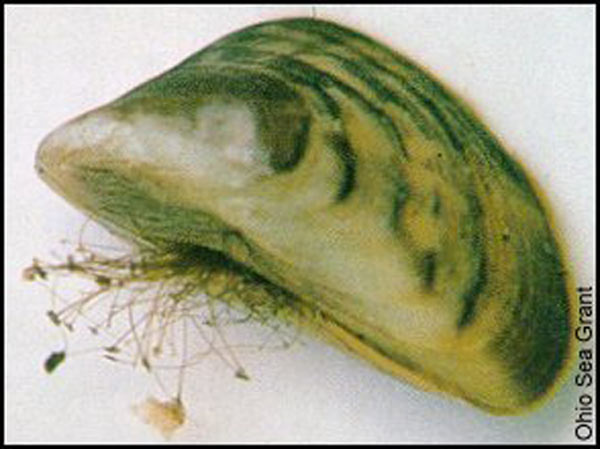New Glue Derived from Clinging Mussels

Get the world’s most fascinating discoveries delivered straight to your inbox.
You are now subscribed
Your newsletter sign-up was successful
Want to add more newsletters?

Delivered Daily
Daily Newsletter
Sign up for the latest discoveries, groundbreaking research and fascinating breakthroughs that impact you and the wider world direct to your inbox.

Once a week
Life's Little Mysteries
Feed your curiosity with an exclusive mystery every week, solved with science and delivered direct to your inbox before it's seen anywhere else.

Once a week
How It Works
Sign up to our free science & technology newsletter for your weekly fix of fascinating articles, quick quizzes, amazing images, and more

Delivered daily
Space.com Newsletter
Breaking space news, the latest updates on rocket launches, skywatching events and more!

Once a month
Watch This Space
Sign up to our monthly entertainment newsletter to keep up with all our coverage of the latest sci-fi and space movies, tv shows, games and books.

Once a week
Night Sky This Week
Discover this week's must-see night sky events, moon phases, and stunning astrophotos. Sign up for our skywatching newsletter and explore the universe with us!
Join the club
Get full access to premium articles, exclusive features and a growing list of member rewards.
Scientists have derived a new glue from a natural adhesive made by rock-clinging mollusks. It could provide an environmentally friendly alternative to current wood-binding materials.
Kaichang Li from Oregon State University became interested in the idea during a trip to the beach.
"I was amazed at the ability of these small mollusks to attach themselves so strongly to rocks," Li said. "Thinking about it, I didn't know of any other type of adhesive that could work this well in water and withstand so much force."
Mussels endure battering waves and can hitch rides on the hulls of ships, becoming an invasive threat to local ecologies.
This is not the first time researchers have been attracted to the sticky power of mussels. But Li has made a real and potentially commercial glue from his research. The secret to the mussels' staying power is tiny threads, called byssus. These tentacles, which can reach more than two inches in length, are made of a protein with a high level of stuff called phenolic hydroxyls.
"It is very difficult to get mussels to produce a lot of this protein," Li told LiveScience. "But I am a bio-chemist and I know that protein is protein."
Li's research group was able to mimic the mussel's unique protein by adding molecules with phenolic hydroxyl groups to soybean flour - an abundant and inexpensive source of protein. The derivative is renewable and may reduce the need for urea-formaldehyde wood adhesives, which are associated with health concerns and are based on expensive petroleum.
Get the world’s most fascinating discoveries delivered straight to your inbox.
Possible applications for the mussel-inspired glue are wood composite products like plywood, oriented strand board, particle board, and laminated veneer lumber products. Li's group has three patents pending.
"The plywood we make with this adhesive can be boiled for several hours and the adhesive holds as strong as ever," Li said. "Regular plywood bonded with urea-formaldehyde resins could never do that."
Interestingly, there is a long history of spinning the mussels' byssus into fine threads for making cloth. The fabled Golden Fleece from the story of Jason and the Argonauts is believed to have been woven from byssus.
- Abalone Armor: Toughest Stuff Theoretically Possible
- Spinning Silk: The Real Spiderman
- More about Nature's Glue
 Live Science Plus
Live Science Plus











